written by Matt Andrews, Mark Moore, Lant Pritchett and Salimah Samji This is a crowdsourcing effort to understand why … and to help foster a common response. Many governments lack the capabilities to play the roles needed for their countries to work well and prosper. These capabilities are often missing because policy-makers cannot agree on…Continue Reading Why are there so many mass shootings in the USA?
PDIA in Sri Lanka: Learning to Engage New Investors for Economic Diversification – Let’s Go Fishing!
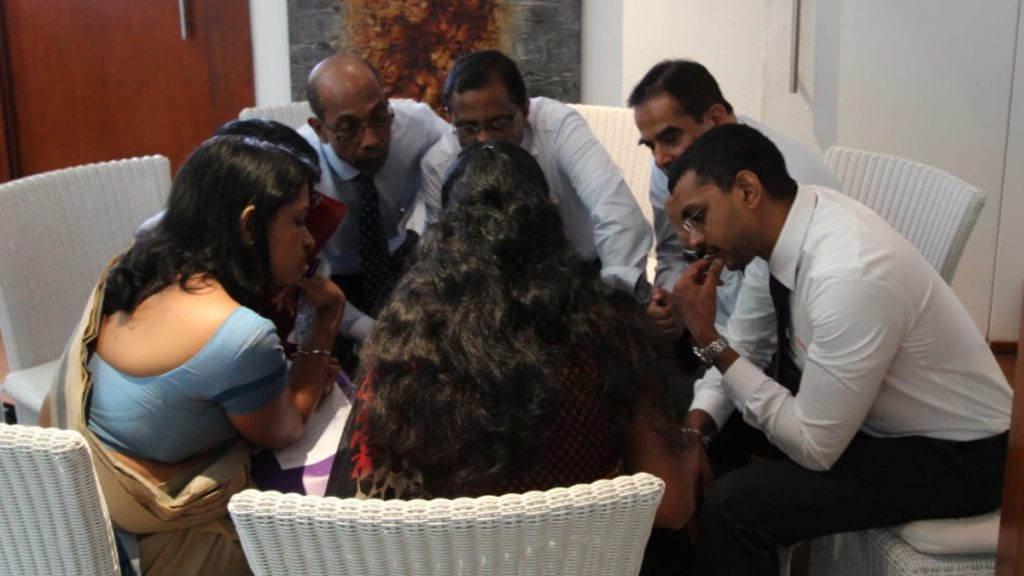
written by Anisha Poobalan Meet the Investment Promotions team, a group of Sri Lankan government officials from various departments, experts in differing fields, and all novices at the daunting task ahead of them – attracting foreign investors to Sri Lanka. I had the privilege of working alongside the I-team as a coach and colleague for…Continue Reading PDIA in Sri Lanka: Learning to Engage New Investors for Economic Diversification – Let’s Go Fishing!
Using PDIA to tackle off-budget spending in Liberia
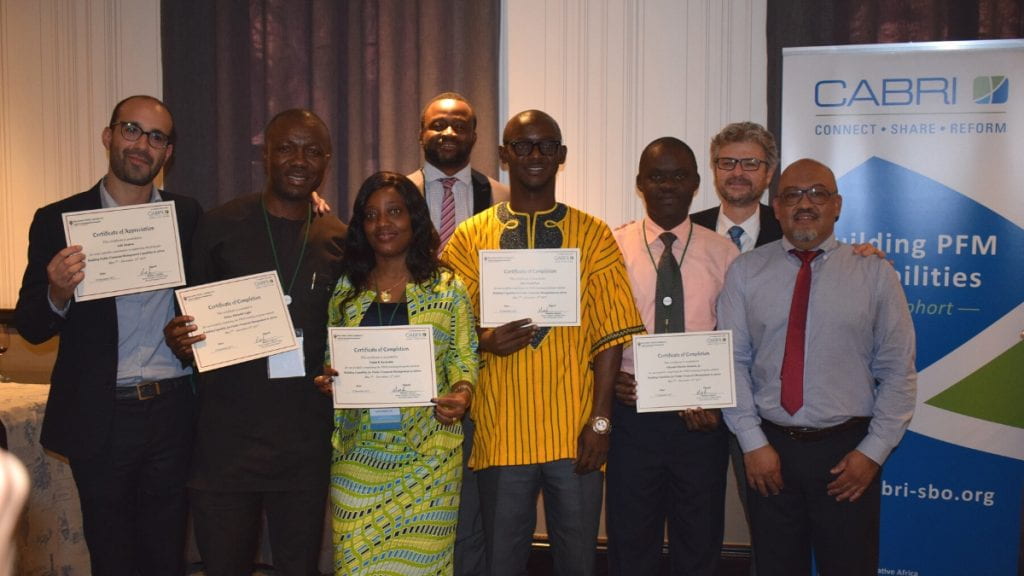
Guest blog by Alieu Fuad Nyei Like many other African countries, budget execution is a huge challenge in Liberia. Last fiscal year (July 2016 to June 2017), off-budget spending was over 15% of the approved budget while in-year budgetary transfers have been on the increase, significantly undermining the credibility of the approved budget. This huge…Continue Reading Using PDIA to tackle off-budget spending in Liberia
New connections and better performance in Nigeria’s budget process
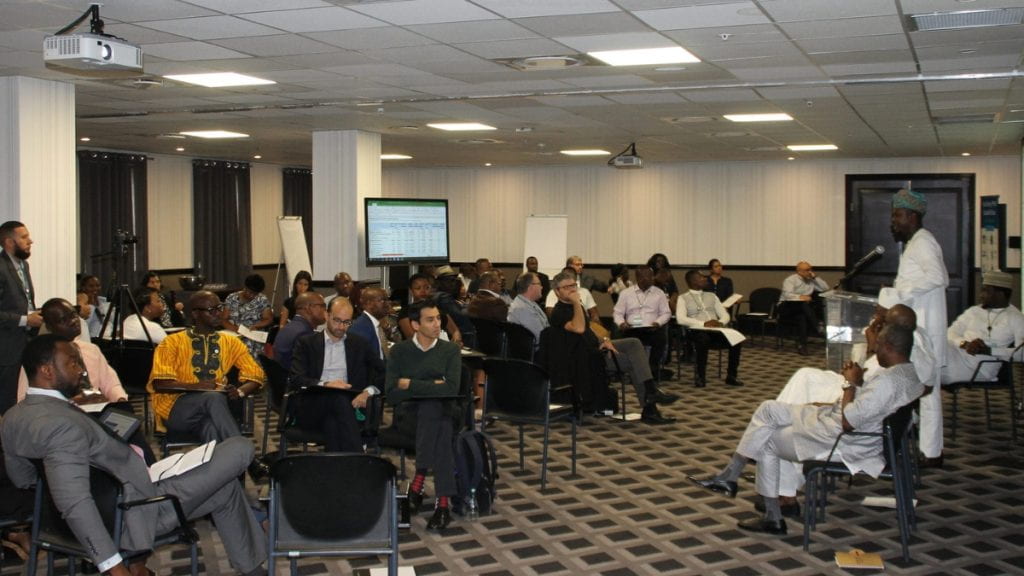
written by Matt Andrews (with wise words from Nuhu Mahmud Sani) A team from Nigeria used the PDIA approach to effect change in their budget process. They had coaching from fantastic colleagues in CABRI (an African intergovernmental organization working on budget reform) who collaborated with us at the Building State Capability Program to expand the reach…Continue Reading New connections and better performance in Nigeria’s budget process
Why do we persist so long with a reform approach that does not solve problems?
written by Kate Bridges and Michael Woolcock In Malawi, efforts at institutional reform have been numerous, earnest and longstanding. Since 1966, there have been more than three times as many World Bank projects with ‘institutional reform’ content as there have been in any other thematic or sectoral category. In a recent paper, we argue that these…Continue Reading Why do we persist so long with a reform approach that does not solve problems?
My PDIA Journey
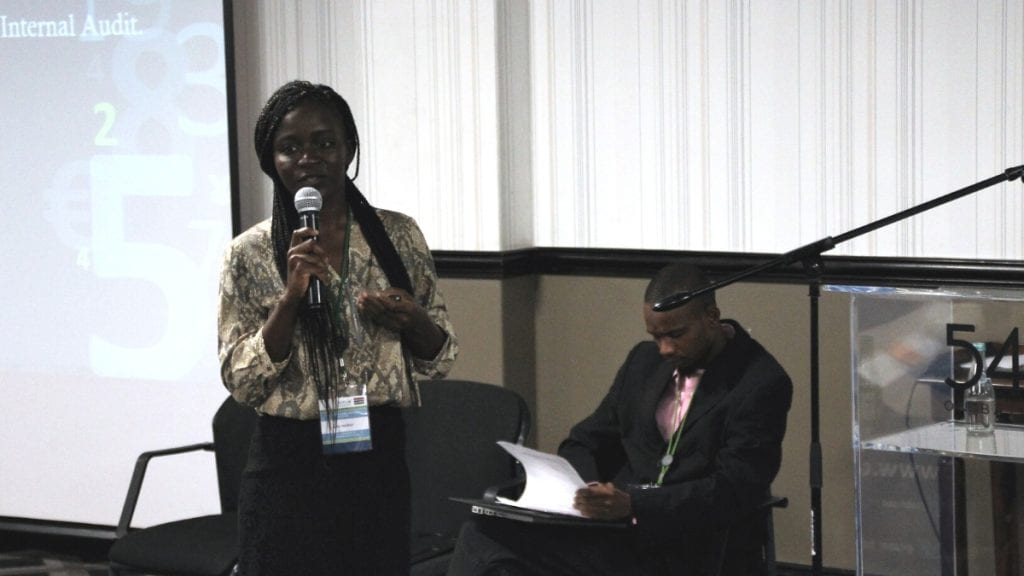
Guest blog by Awa Touray The reality of public service is that you are often bogged down with routine tasks that don’t often allow you the room to innovate and initiate. So, in an environment that is very reactionary, the Problem Driven Iterative Adaptation (PDIA) project provided an exciting avenue to be proactive in tackling public…Continue Reading My PDIA Journey
Getting things done: PFM reform in Africa
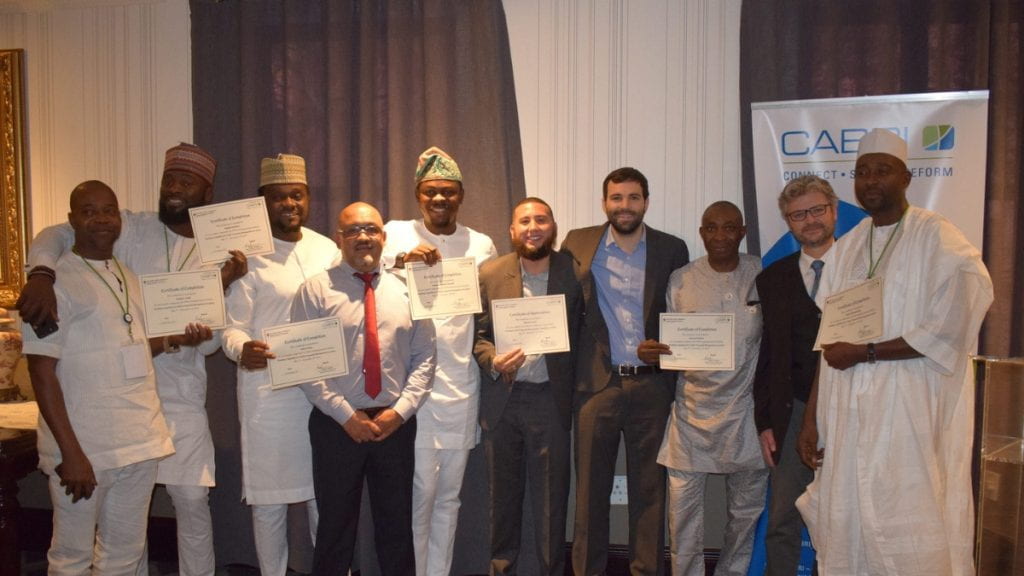
written by Tim McNaught We recently wrote about the closing workshop we held in December, in collaboration with CABRI, for the Building PFM Capabilities in Africa program. There is now a summary event page on the CABRI website with all of the presentations from the seven participating country teams. During the workshop, each team presented…Continue Reading Getting things done: PFM reform in Africa
Learning to improve Sri Lanka’s business and investment climate using PDIA

written by Peter Harrington This past week, the Building State Capability (BSC) program published two new papers about our work doing PDIA-in-practice in Sri Lanka. The first paper is about working to improve Sri Lanka’s business and investment climate, and is the subject of this blog post. The second is about working to promote foreign…Continue Reading Learning to improve Sri Lanka’s business and investment climate using PDIA
PDIA and PFM in Africa
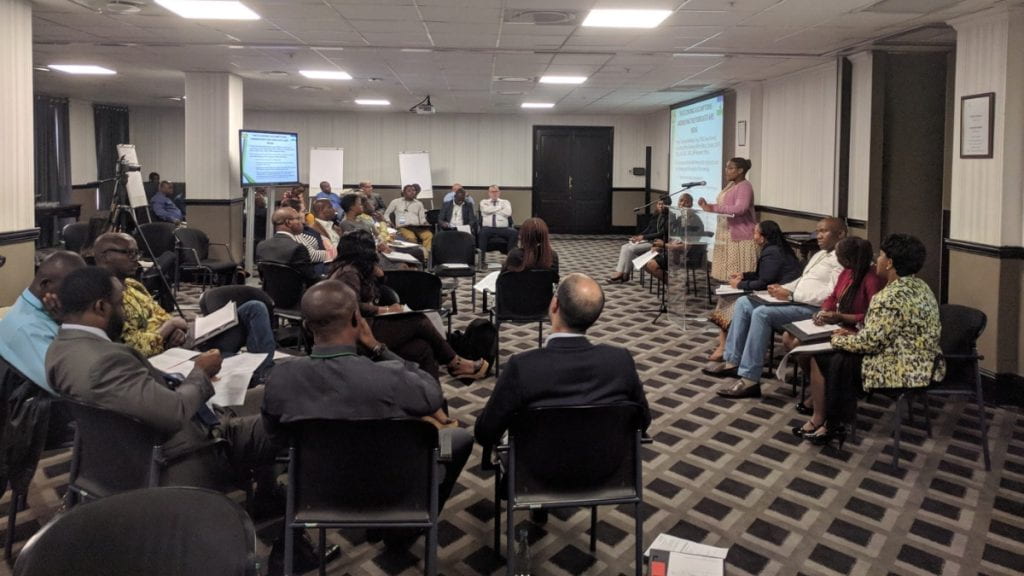
written by Salimah Samji We just held our final workshop for the Building PFM Capabilities in Africa Program, in collaboration with CABRI, in Johannesburg from December 11-13, 2017. Teams from Ghana, Liberia, Nigeria, Sierra Leone, South Africa, The Gambia, and The Kingdom of Lesotho, participated in this program….Continue Reading PDIA and PFM in Africa
Building PFM Capabilities in Africa
written by Tim McNaught For the past 30 years, governments across Africa have been implementing public financial management (PFM) reforms with mixed results. While budgets, laws and processes have improved, they are often not effectively implemented (Andrews 2010). Technical solutions, commonly copied from upper-income countries, do not always take into account the local context and can…Continue Reading Building PFM Capabilities in Africa